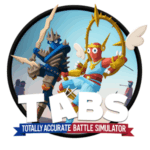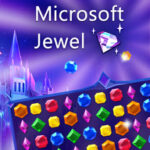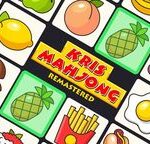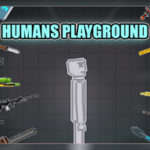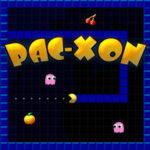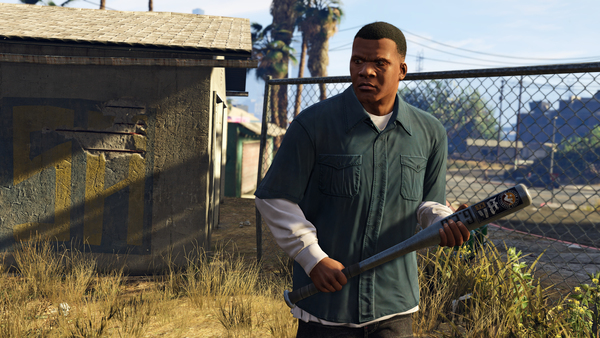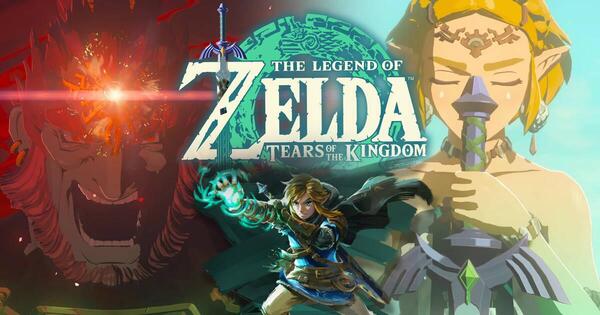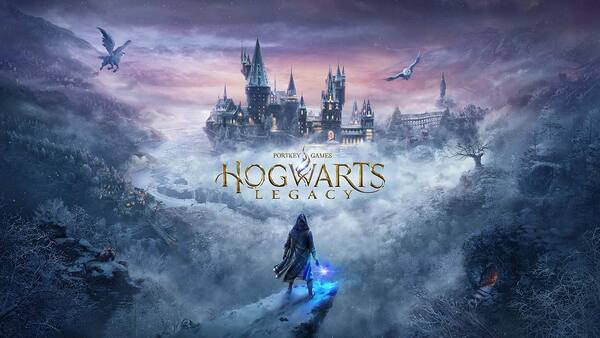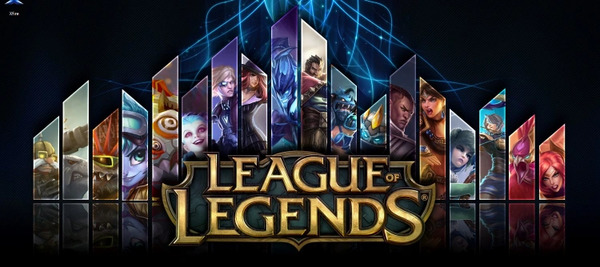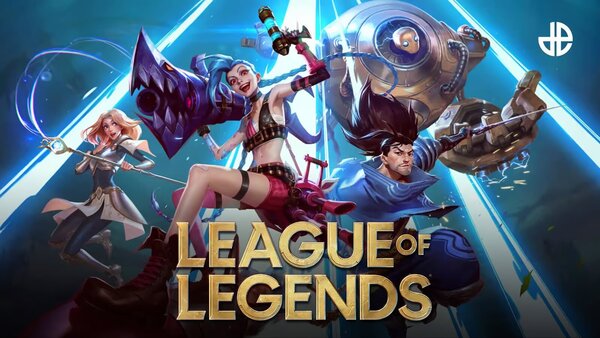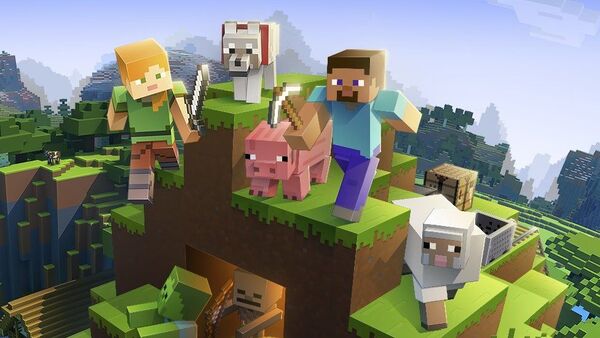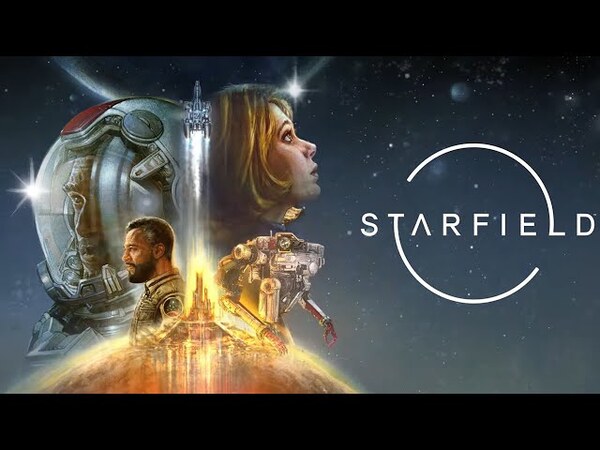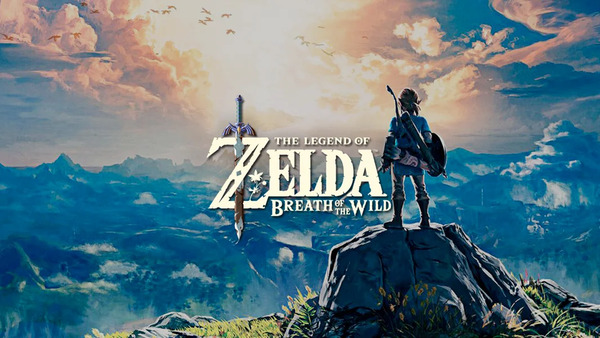The concept of a "rematch" is older than gaming itself. In sports, fights, and even board games, a rematch is the ultimate declaration of unfinished business. GAME REMATCH takes this universally thrilling idea and builds an entire gaming experience around it. Designed to reward adaptation, perseverance, and rivalry, this title has carved a name for itself in the ultra-competitive multiplayer genre. But does it succeed beyond its clever premise? Let’s explore.
Origins and Development Philosophy
The Birth of a Rematch-First Game
The idea behind GAME REMATCH came from repeated player frustration with unresolved matches. Developers at Fusion Core Studios asked, "What if the rematch was the game?" Instead of tacking it on, they built the game loop entirely around it. Every design decision, from matchmaking to map evolution, supports this core idea.Community-Driven Early Access
During its early access phase, the developers used player feedback to evolve the game mechanics. Match data was analyzed to fine-tune weapons, rebalance characters, and develop a fairness-driven rematch algorithm. The result is a game that feels competitive yet forgiving—punishing mistakes but encouraging improvement.Gameplay Mechanics
Tactical Combat Meets Second Chances
GAME REMATCH is a hybrid PvP combat game that merges 1v1 dueling with fast-paced arena tactics. Each match is short, tense, and intense. After a match, players are prompted for a rematch—where the map changes subtly, and both players are better prepared.Adaptive Systems and Loadouts
Players select from operatives, each with unique abilities and progression paths. Between rematches, they can tweak loadouts, counter their opponent’s playstyle, and unlock mini-perks to better suit the evolving situation.Key Gameplay Features:
- Real-time loadout customization
- Rematch streak perks
- Tactical movement and positional combat
Matchmaking and Ranking
Smart Systems Over Raw Stats
Instead of ELO-only matchmaking, GAME REMATCH uses a hybrid model. It considers player behavior, matchup history, and recent performance. The aim? Match players with similar strategic styles, not just win rates.The Rivalry Engine
The more you rematch with a specific player, the more the system tracks your "rivalry." These rivalries come with in-game rewards, custom titles, and rivalry history logs. It turns repetitive matches into gripping narratives.Game Modes
Core Modes
The game offers:- Clash Duel (1v1): Fast-paced and personal
- Tactical Twins (2v2): Team-based adaptability
- Momentum Siege (5v5): Objective-driven warfare






